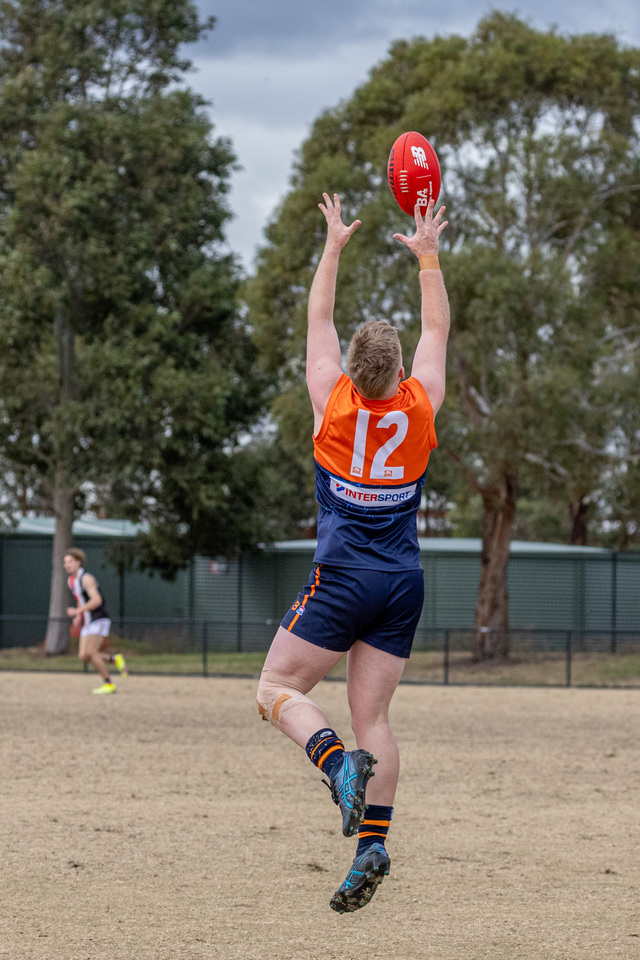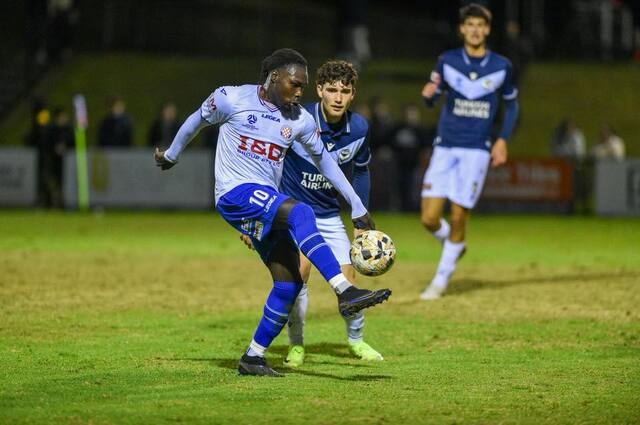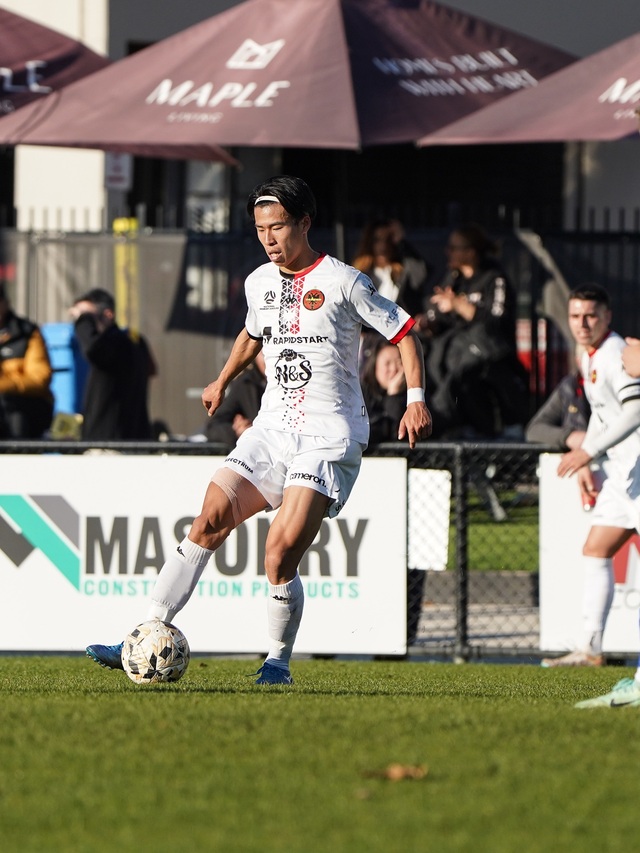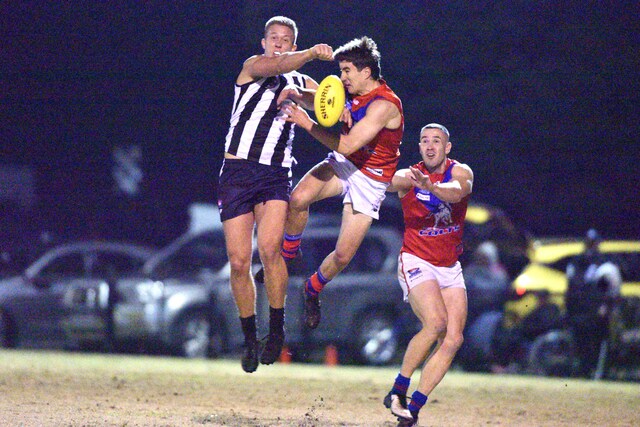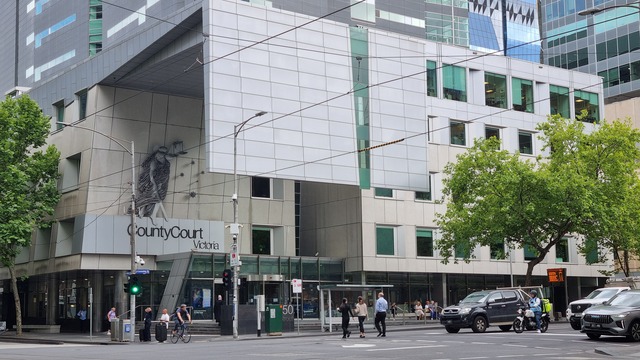By CAM LUCADOU-WELLS
FORMER County Court judge Michael Strong told a Noble Park forum that he felt a “dill” after becoming a victim of crime.
The recently-installed Neighbourhood Watch Victoria president had his mobile phone, prescription sunglasses and small change stolen from his car while he was out to dinner in St Kilda the previous evening.
Gallingly, he had broken two of the most important Neighbourhood Watch precepts – always lock cars and never leave valuables inside and in view.
“I did something particularly stupid last night,” he began his confession at the forum the next day.
He said he could have sworn he had locked the car but there was no sign of a break-in.
“The only smart thing I did was I put a PIN on my phone.”
That loss of face hasn’t been Mr Strong’s only fight in the role.
At Greater Dandenong Neighbourhood Watch’s AGM on Wednesday 16 September, Mr Strong revealed that soon after becoming president he found out the state office’s funding was about to expire.
He had been fighting for the past five months to claw back those cuts, securing enough interim funding to run a “stripped back” state office.
He spoke about his role on welfare agency Berry Street’s board, learning about some children’s terrible backgrounds.
“It’s not surprising that they meet the criminal justice system at a young age.”
For that reason, he found young offenders the hardest ones to send to jail – a course that would put even more challenges on their life path.
Mr Strong asked the forum’s attendees how many people did they want to lock away.
He said Victoria at one stage had the lowest crime rate and lowest incarceration rate in Australia.
That changed as successive governments “tried to out-do each other in being tough on crime”.
More than 6500 people are in Victorian prison cells – up 2000 from six years ago yet the crime rate has remained steady and recidivism was going up, Mr Strong said.
Each prisoner costs the state $100,000 a year. He proposed investing that money into helping that prisoner’s family before it got to that stage.
In some of those circumstances, those prisoners grow up with a mum and dad who never had jobs.
The money spent may be able to turn those families around and save the expense of locking up that prisoner, his brother, his cousin.
On the other hand, Mr Strong said society needed to protect its children from predatory sex offenders.
“I am a fairly compassionate man but I had no trouble sentencing people who hurt children.”
Mr Strong opposed mandatory sentencing. He saw a Los Angeles County Court trial where a man had pushed over a child in order to steal their pizza.
It was the accused’s third robbery and under mandatory sentencing the man got life imprisonment.
During the course of the evening he told of the case of a home burglar who left behind a phone bill with his name on it at the crime scene.
When the victim rang the number on the bill, the burglar answered “what do you want me to do?”
The burglar complied with the victim’s request to return his items straightaway and was arrested by police at the scene.
“They’re not very bright some of them,” Mr Strong said.
“Except for the one who got into my car last night!”


